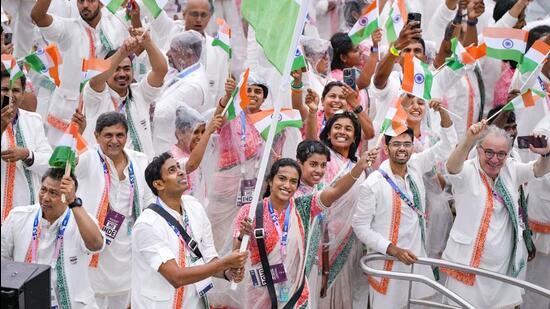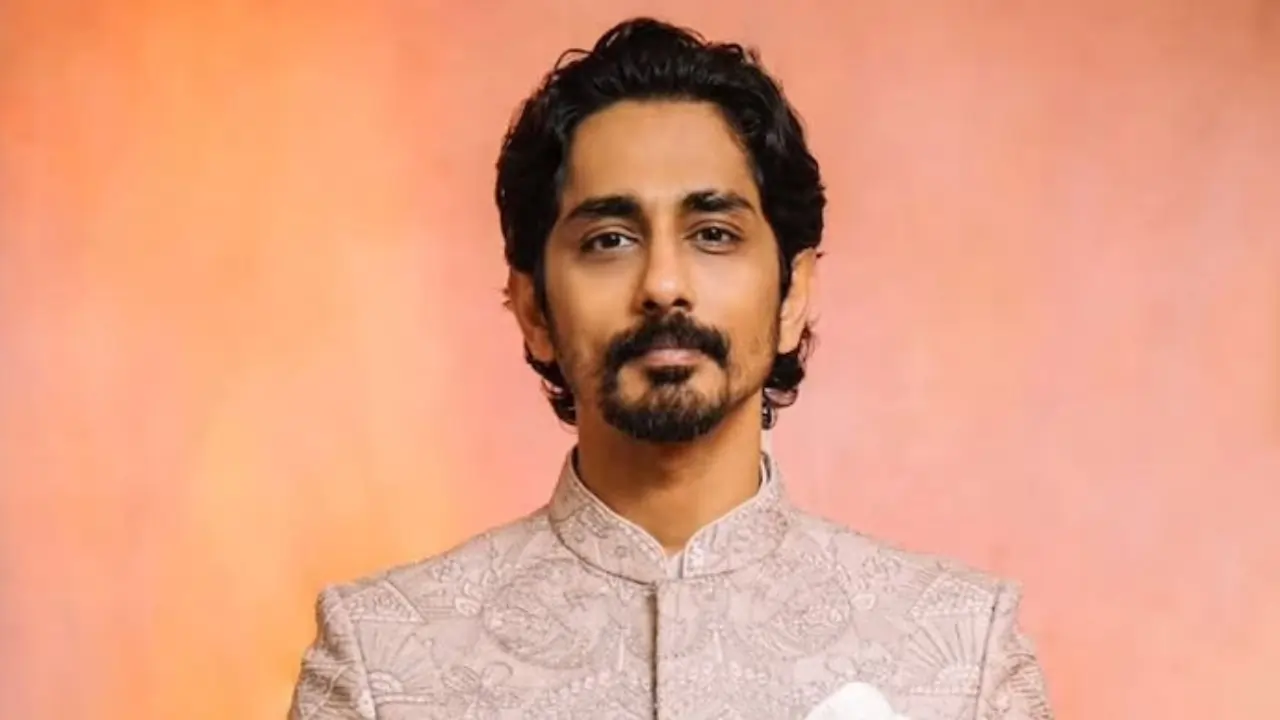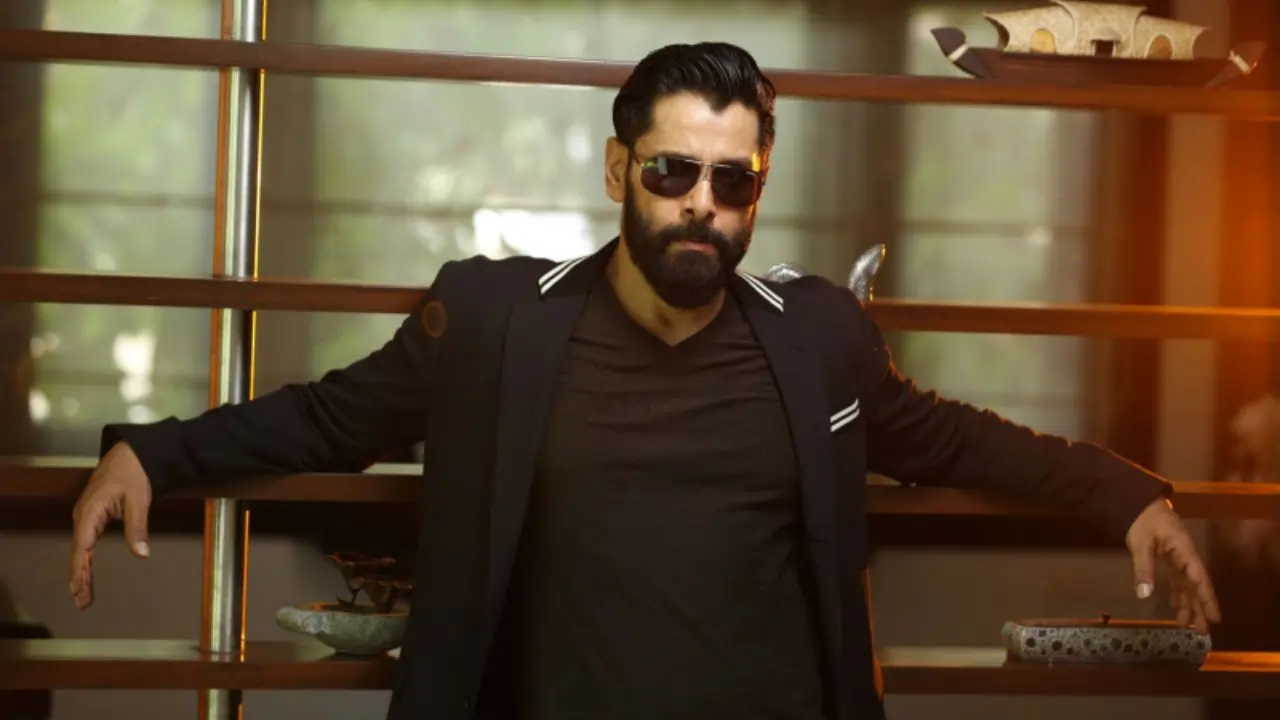
Paris 2024 and the comfortable Indian athlete
8 months ago | 96 Views
New Delhi: Just before his sixth and final attempt, Neeraj Chopra stood at the start of his run-up. His face was a picture of concentration as he stretched his shoulder and then his hamstring. He was desperate -- he needed to go further than he had ever gone before or he would need to wait another four years for a chance at Olympic glory.
At various points of the competition, his emotions seemed to boil over. It was a Neeraj, who had spent the last few years making himself uncomfortable so that he could find gold again. Regardless of what India expected from him, it was the standard he had set for himself.
And as the Paris Games come to an end, it is pertinent to ask how many other Indian athletes are prepared to push themselves quite as hard? How many want the pain? How many are uncomfortable with how things ended?
Neeraj, for one, was already planning for the future. Focusing not on the silver medal, a major accomlishment no doubt, but on what he needed to do to get even better.
This is a time for introspection; a time to ask the tough questions; a time to take stock. And this is where the words of Manolo Marquez, who just took over as the coach of the Indian football team, strike a chord.
“My feeling is that Indian players are very comfortable in ISL,” said Marquez on Sunday. “You will grow when you play abroad. I am not speaking about the top level, like the Premier League or La Liga. But if you go abroad and play against opponents who are better than you, you will improve. But I understand that life is very good for them in ISL and it is difficult that they try to go abroad.”
What is true of football is perhaps true of many other sports as well. For many athletes, staying in India is comfortable. The food, the atmosphere, the weather -- everything is what they are used to.
So then, shorter training stints are the order of the day. It could be for race walking to Australia or for wrestling to Japan or javelin to Germany. Many athletes think that they can go there, train with them for a few days and learn all there is to learn.
But if things were truly that easy then Leon Marchand, who won four gold medals in the pool for France, would have not have written a letter to Bob Bowman, the most successful coach in US swimming and the man who turned Michael Phelps into an Olympic legend:
Dear sir, I am a French swimmer, my name is Léon Marchand (18 years old). I would like to join the university of Arizona State in summer 2021 for swim and compete in NCAA with your amazing team. Do you think I could benefit from a scholarship? What level of education is required? (TOEFL, SAT …) You will find attached my presentation sheet. Thank you for the time granted to my request.
Sportingly, Léon
Bowman didn’t know Leon but he had heard of his parents, who were both swimmers. So, he wrote back and the rest as they say is history. But how many Indian athletes are prepared to go out on a limb? How many will risk it all?
Soon after the Indian badminton contingent missed out on medals, Prakash Padukone said, “High time players learn to withstand pressure, become accountable and start delivering results. In the Olympics, if you’ve seen a lot of top players have all lost, not because they were not good technically or physically but because they couldn’t handle the pressure.”
He was speaking in the aftermath of Lakshya Sen losing in the bronze medal play-off at Paris. So perhaps, the emotions got the better of him on the day. But the point was a valid one. It may seem harsh but India’s top athletes get everything they wish for, so where are the results?
India’s athletes need to learn to think for themselves and go do the research themselves rather than just take whatever the coach or the support staff is telling them. This too is part of being an athlete. This too is part of winning.
When Noah won a bronze at the Tokyo Olympics, he was so disappointed that it took a barracking from his mom to get him going again. But when he did, he decided to not just train hard but also train right.
He worked with a biomechanist to revamp his start, added more muscle to his frame and kept going back to the lab to improve his weaknesses.
“Every time I look at it,” Lyles says on the Tokyo 200m race, “I’m just like, ‘Yeah, I am not that guy anymore’.”
This approach got him the 100m gold and the 200m bronze (despite running a fever of around 102 degrees Fahrenheit). It takes all kinds but nothing comes easy. Not even if you are Usain Bolt or even US shot put legend Ryan Crouser, who won his third consecutive Olympic gold medal in Paris. Just a week after winning, the American was back in training... for that is what it takes.
India’s first individual Olympic gold medallist Abhinav Bindra was a bit of a mad scientist himself. He tried everything possible in his bid for Olympic glory in 2008 and later too. It was a series of constant changes until he finally found what he wanted.
Some say that the current Indian athlete is fearless and the difference between the top athletes and the others is reducing. But unless you have the edge, you won’t win and unless you go looking for it, you won’t find the edge.
Read Also: Paris 2024: Lalit elated to win hockey bronze with academy mate Rajkumar
#




















